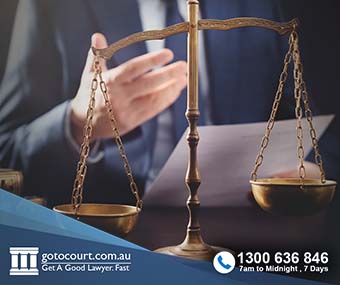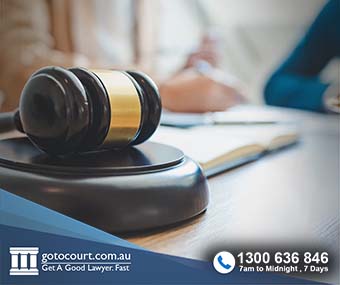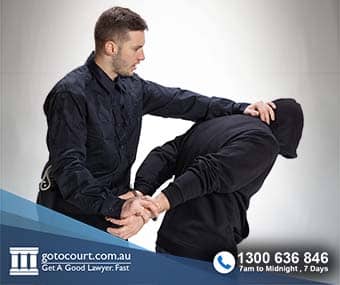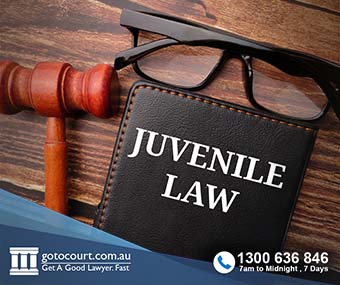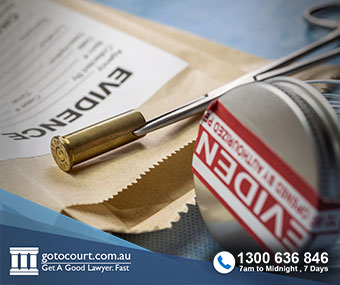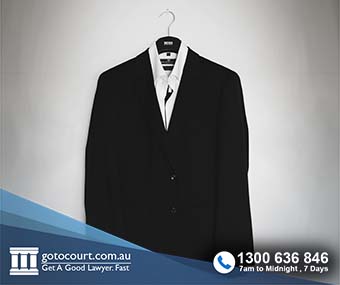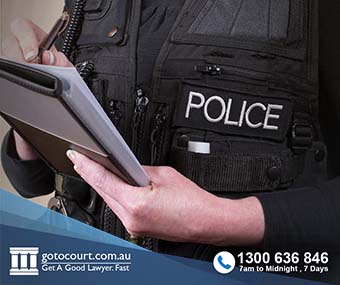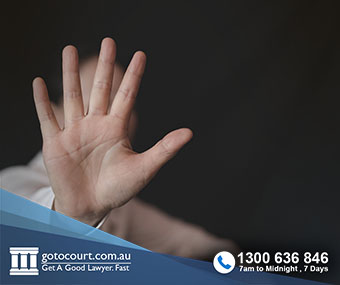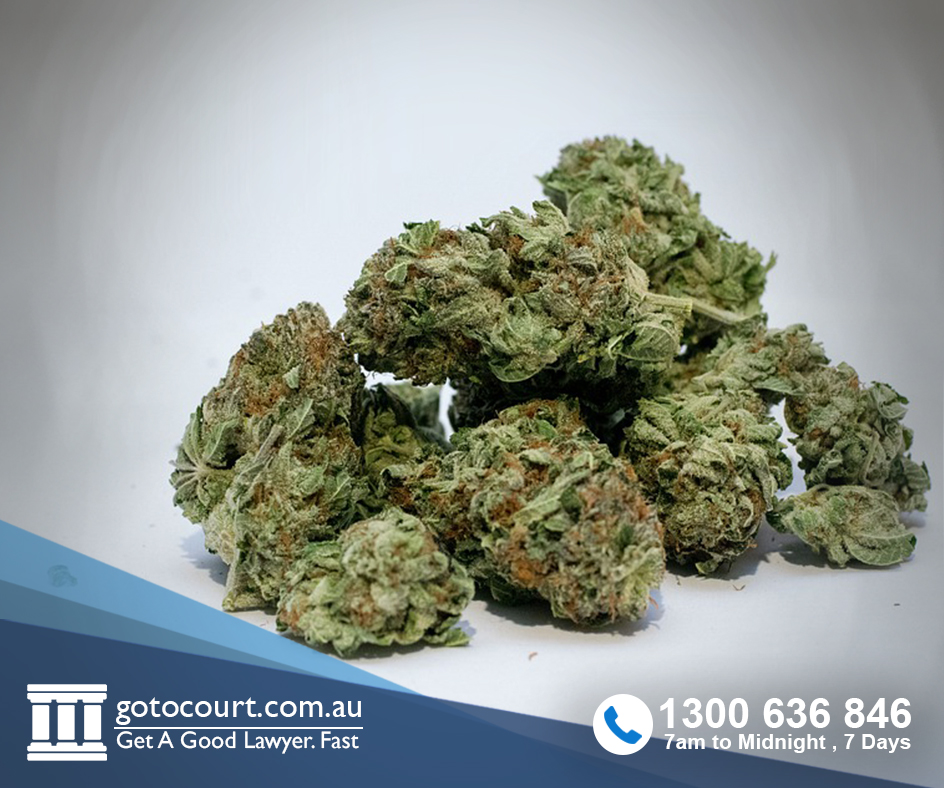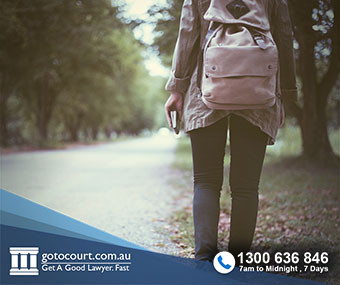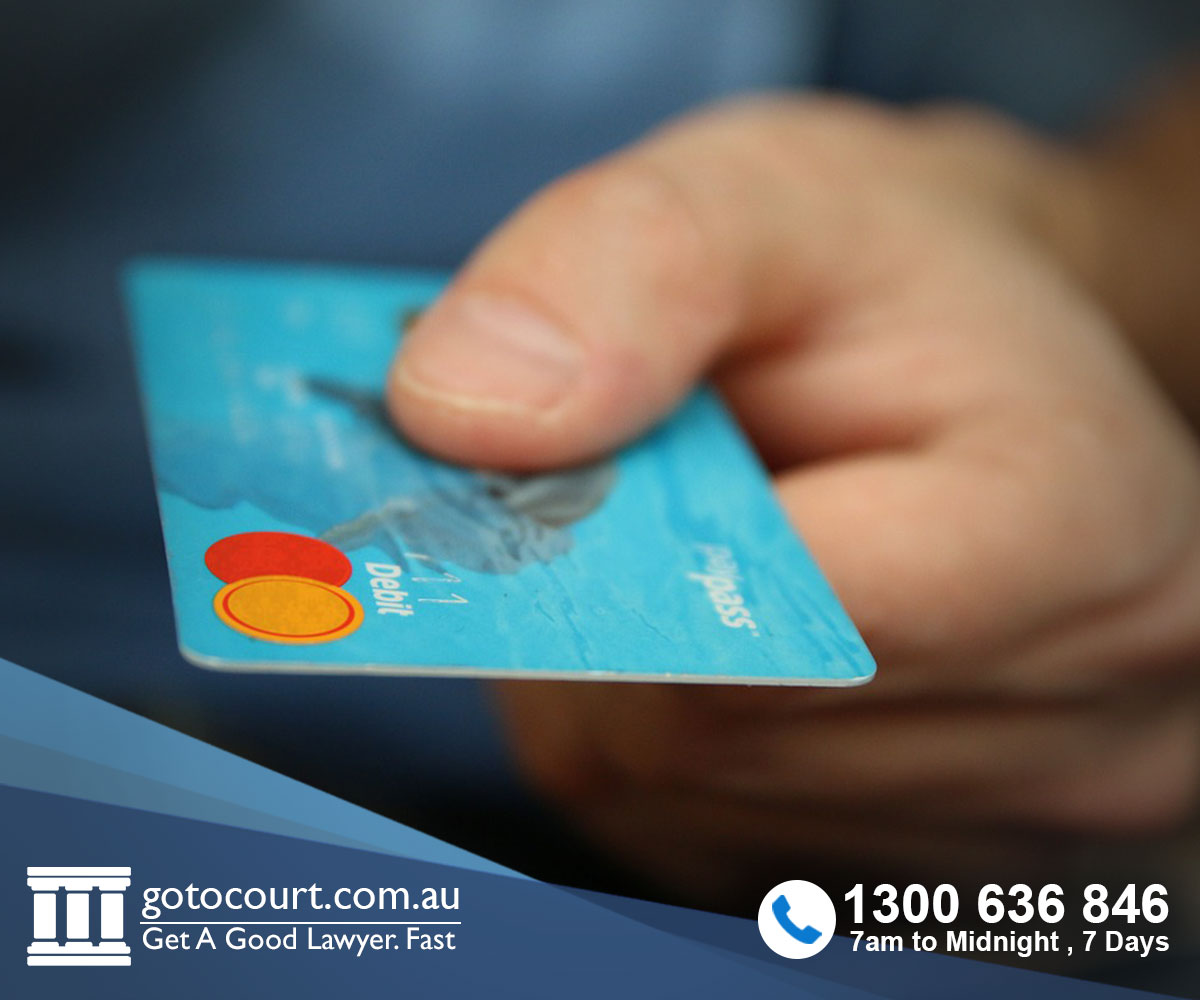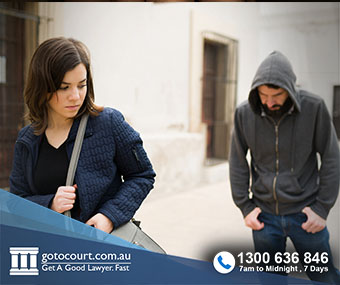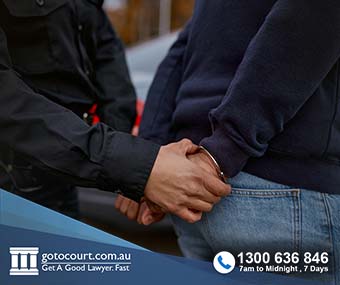Call our lawyers
now
or,
have our lawyers
call you
Treason Offences
Updated on Nov 21, 2022 • 4 min read • 881 views • Copy Link
Treason Offences
Treason is historically ‘the most heinous of all crimes’ and has its origin in the earliest English statutory laws. Whilst in the past treason was punishable by death, the modern treason offences in Australia carry a penalty of mandatory life imprisonment. Successful prosecutions for treason offences in recent years have been rare and recent amendments to the legislation sparked debate as to whether the offence is anachronistic in today’s society. However, the threat posed by terrorism and the need to deal with Australians acting against the country’s interests have been cited as reasons for retaining the offence of treason and even extending its operation.
History
Historically, as well as referring to extreme acts against the nation or the sovereign, the offence of treason encompassed the murder of a social superior, like the killing of a husband by a wife, or a master by a servant. Treason against the king was called ‘high treason’ whilst treason offences against a lesser authority were ‘petty treason’.
In England, high treason was punishable for men by being hanged, drawn and quartered, and for women by being burnt at the stake. Prior to the Enlightenment, Christian thinking considered treason and blasphemy as synonymous as both undermined the state and the will of God.
The offence of treason
Section 80 of the Commonwealth Criminal Code makes it an offence punishable by mandatory life imprisonment to:
- Harm, imprison, detain or cause the death of the Sovereign, the heir apparent of the Sovereign, the consort of the Sovereign, the Governor-General or the Prime Minister;
- Levy war or do an act preparatory to levying war against the Commonwealth;
- Instigate a non-citizen to make an armed invasion of the Commonwealth or a Territory of the Commonwealth.
Section 80(2) of the Commonwealth Criminal Code makes it an offence, also punishable by mandatory life imprisonment, to assist another person to escape punishment for treason offences or to fail to inform police of another person’s intention to commit treason.
Treason by assisting the enemy
Under Section 80.1AA of the Commonwealth Criminal Code, a person commits treason if they are an Australian citizen or resident and intentionally engage in conduct that materially assists the enemy in armed conflict against the Commonwealth or the Australian Defence Force. A person is not guilty of treason under this section if the assistance is purely humanitarian in nature.
The offence of treason by assisting the enemy was introduced in 2002, in response to the need to ensure that Australians involved in armed conflict with a terrorist organisation could be dealt with under Australian law. The existing legislation relating to foreign incursions and recruitment was felt to be inadequate to deal with alleged activities by Australian in support of Al-Qa’ida in post-September 11 Afghanistan.
The provision was originally drafted broadly enough that it encompassed activities limited to humanitarian work. The section was subsequently amended to exclude humanitarian activities from its operation. The section originally was not limited to Australian citizens and residents. This was later rectified.
The traditional formulation of treason was extended to cover acts against the Australian defence forces because of a belief that Australia owed it to its defence forces fighting in conflicts overseas to prohibit any other Australians from assisting the other force.
State treason offences
Some of the Australian states also have legislated treason offences. In Victoria, treason is an offence against Section 9A of the Crimes Act 1958, which frames the offence in similar terms to Section 80 of the Commonwealth Criminal Code. In New South Wales Section 348 of the Crimes Act makes it an offence under state law to be an accessory after the fact to a treason offence. In South Australia, treason against the Sovereign is an offence against Section 7 of the Criminal Law Consolidation Act 1935.
If you need legal advice or representation in a criminal matter or in any other legal matter please contact Go To Court Lawyers.


Affordable Lawyers
Our Go To Court Lawyers will assist you in all areas of law. We specialise in providing legal advice urgently – at the time when you need it most. If you need a lawyer right now, today, we can help you – no matter where you are in Australia.How It Works








1. You speak directly to a lawyer
When you call the Go To Court Legal Hotline, you will be connected directly to a lawyer, every time.


2. Get your legal situation assessed
We determine the best way forward in your legal matter, free of charge. If you want to go ahead and book a face-to-face appointment, we will connect you with a specialist in your local area.


3. We arrange everything as needed
If you want to go ahead and book a fact-to-face appointment, we will connect you with a specialist in your local area no matter where you are and even at very short notice.

